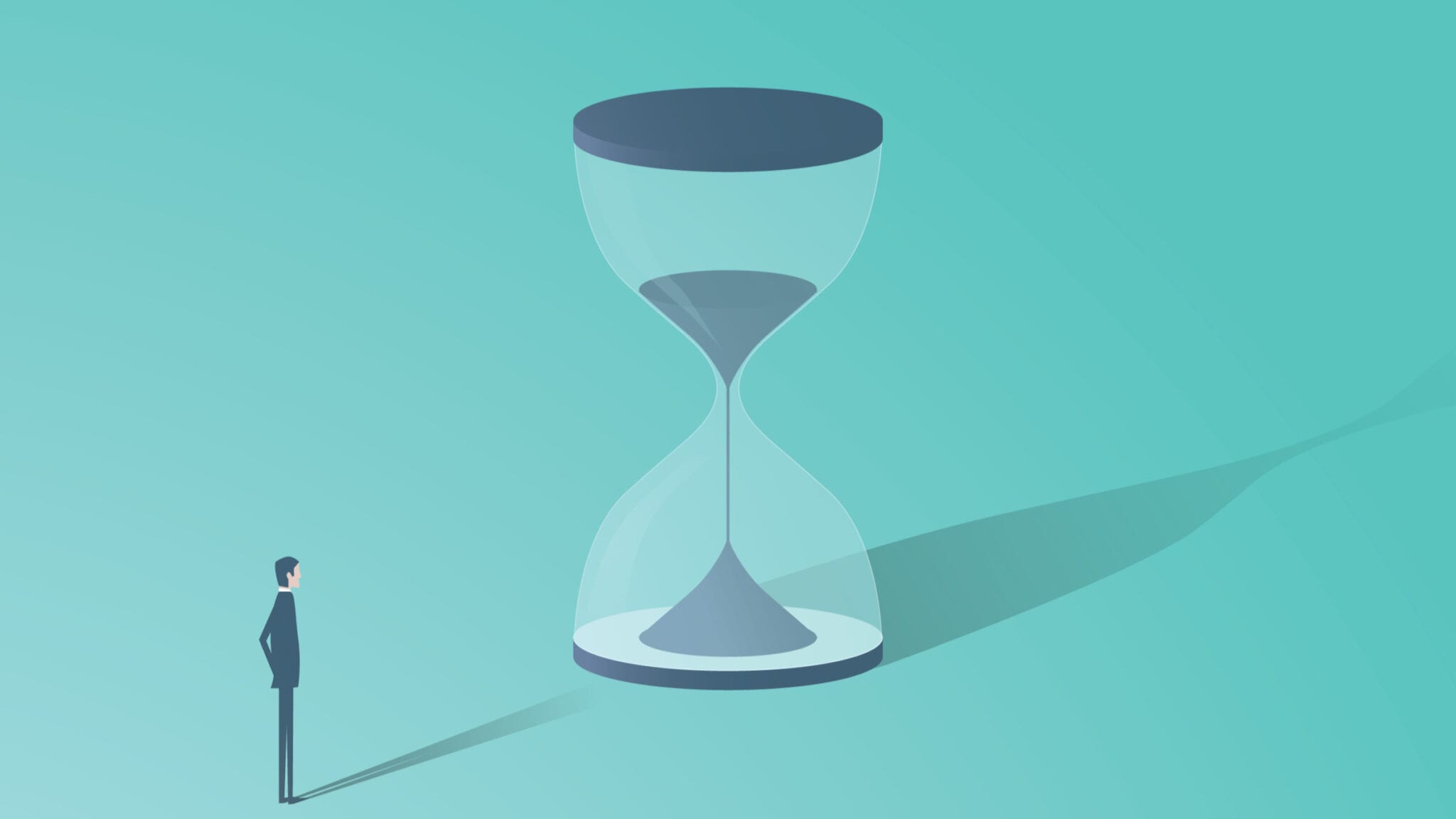
Is 9 years too long to run a confirmatory study for a drug like aducanumab? In Sarepta’s case, it isn’t enough time
The storm of controversy that broke over the FDA’s decision to provide an accelerated approval for aducanumab proved contentious on several levels. And near the top of the list was the FDA’s liberal allowance of a 9-year timeline for Biogen to complete a confirmatory study of the suspect therapy that flat failed one of its Phase IIIs.
One of the favorite stats execs in the industry like to cite is an average of 10 years and a billion dollars to develop a drug — early start to FDA OK finish — though that number is typically wildly variable from program to program. But not even the most generous timelines would include 9 years for a confirmatory study.
This article is for premium subscribers only
Upgrade to a premium subscription plan for unlimited access, and join our community of key biopharma players.